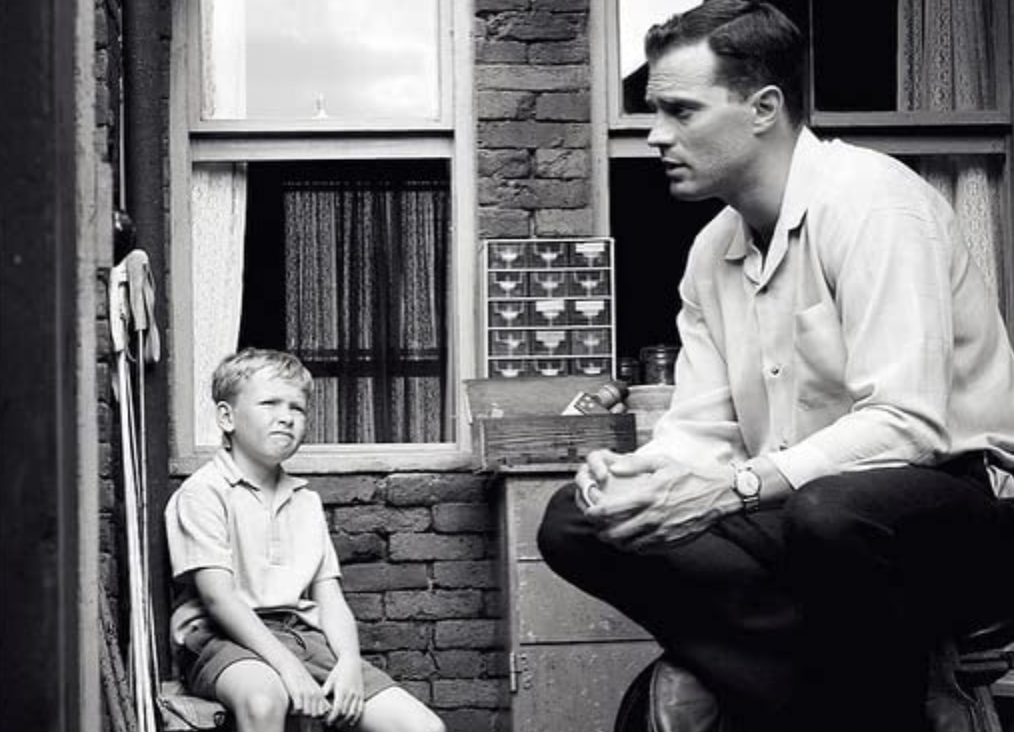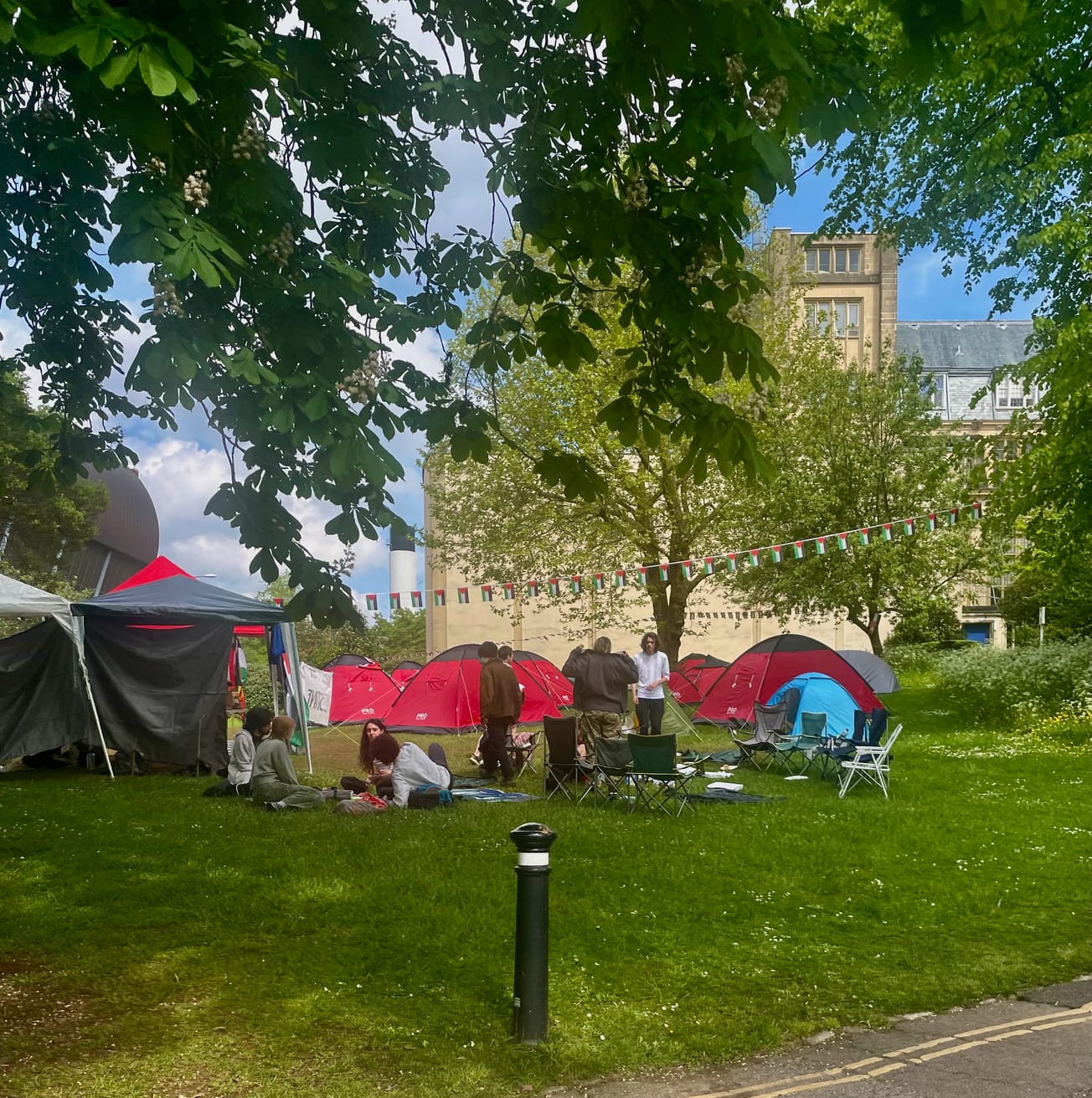By Jacob Collett, Third Year, Psychology
Kenneth Branagh’s ode to his hometown is a celebration of family, love, and joy in the face of trouble (or more specifically The Troubles), which offers a personal window into a young boy’s childhood in Belfast during the turmoil of the Northern Ireland conflict in the 1960s.
Buddy is a 9-year-old from a Protestant family in Belfast caught in the crossfire of the neighbourhood violence between the local Protestants and Catholics. Burdened with the confusion of a religious battle he does not understand, Buddy’s home life is thrown into peril as his Pa is put under pressure by the local Protestant gang leader to support the cause and his parents consider relocating.
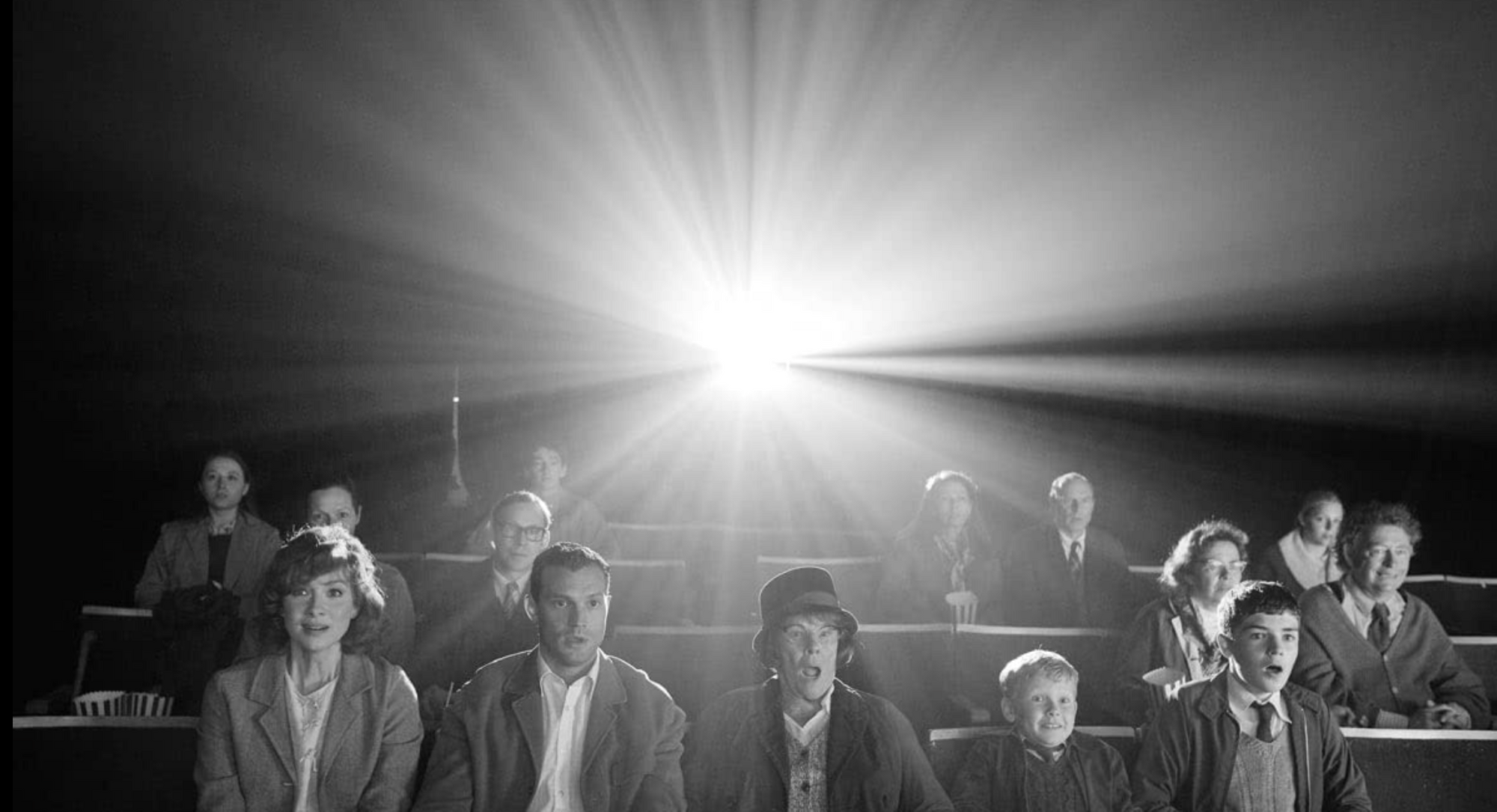
Self-described as his “most personal film”, Branagh connects to our own childhood memories by showing how the minor problems always seem the most important. Amidst the chaos of exploding cars and Molotov cocktails as he plays outside with his friends, Buddy’s biggest concern is how he can get the attention of his crush Catherine. Endearing scenes where Buddy relays his worries to his Pop and Granny come across as heartfelt because we know they are rooted in Branagh’s own memories.
Belfast is shot in a stunningly crisp black and white tone, a deliberate stylistic choice open to interpretation. I was reminded of one of my earliest childhood naiveties in thinking that the world was actually black and white before the advent of colour photography.
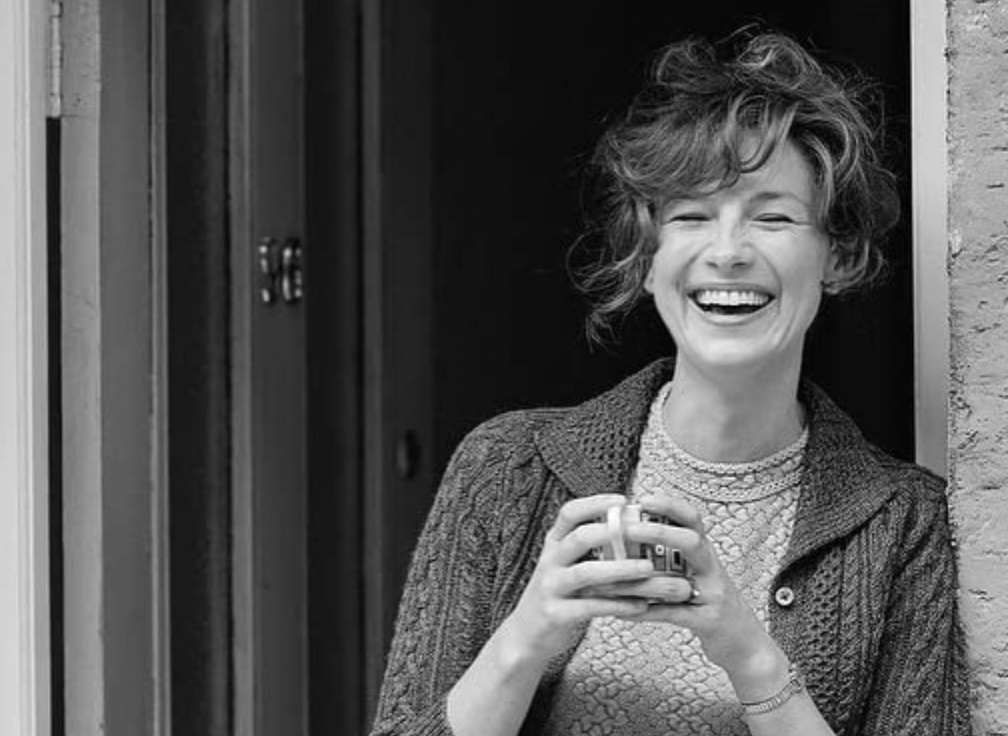
But perhaps the more relevant metaphor is the apparent straightforwardness of childhood in hindsight, which contrasts with the actual stress and confusion of the time. Branagh may be remembering his past in this black and white sheen, but upon closer inspection childhood is full of shades of grey.
Jamie Dornan shines in his role as Pa, playing the distant but earnest loving father with a tangible sense of pride for his homeland, while Caitriona Balfe has said to have channelled her own experience of being uprooted as a child to play Buddy’s Ma. Jude Hill’s breakout performance as Buddy is also full of promise and a sensitivity beyond his years and joyful scenes of family bonding are accompanied by a warm, jazzy Van Morrison score that hovers near the cheesy side but never fully launches itself into musical theatre.
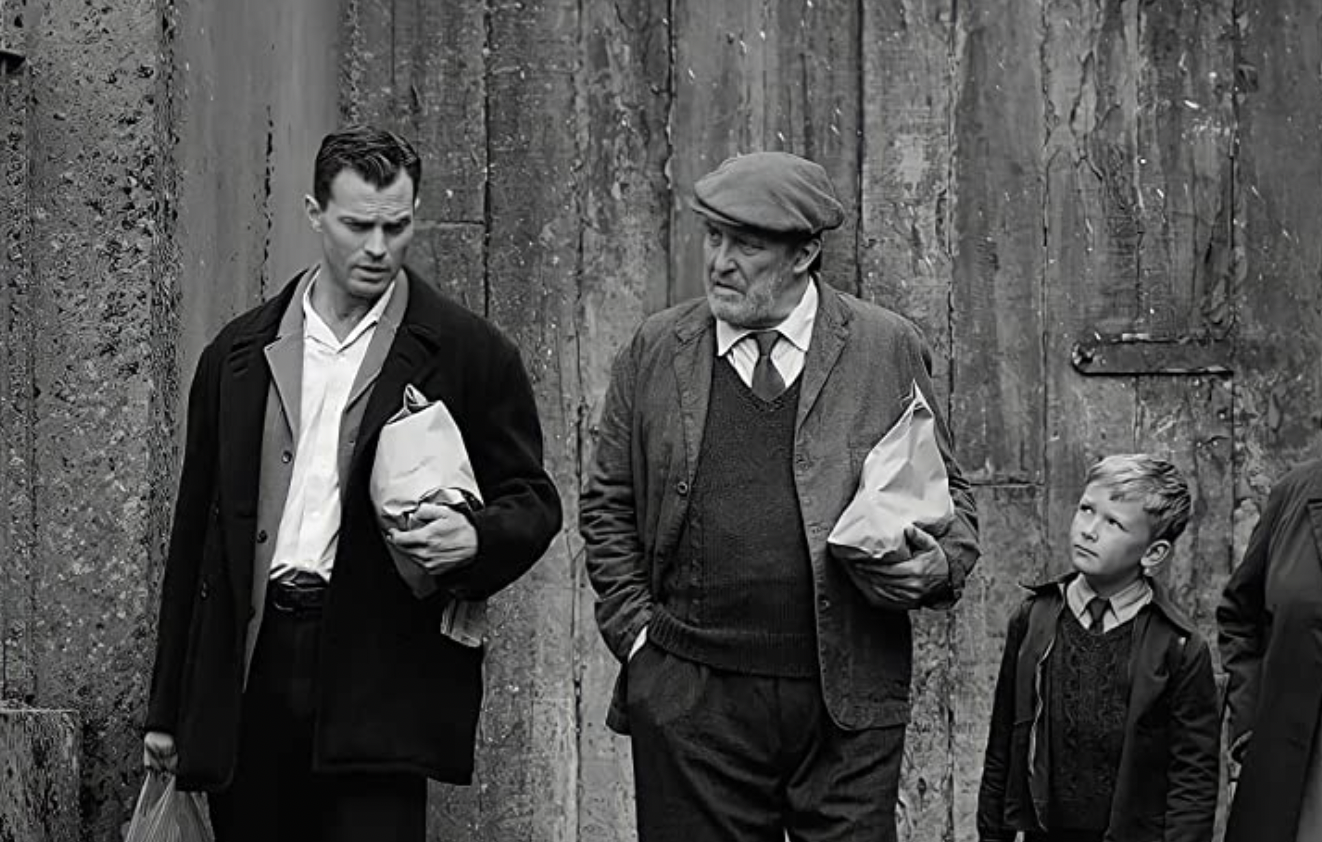
But for all the feel good moments this is still a highly personal film - it’s almost as if we are sitting in on a therapy session where Branagh is evoking his inner child. He hints at his future career several times with the not-so-subtle nods to Cinema Paradiso (1988) when the family go to watch Chitty Chitty Bang Bang (1968) and the comfort associated with going to the movies.
But in spite of the whirlwind of strife surrounding his early life in Belfast, the picture he paints is one of a stable, principled family full of love and affection.
A rainbow of emotions captured in monochrome, Belfast is less about The Troubles and more about a man’s nostalgia for his childhood and love for his family.
Featured Image: IMDB
What did you think of award hopeful Belfast?

